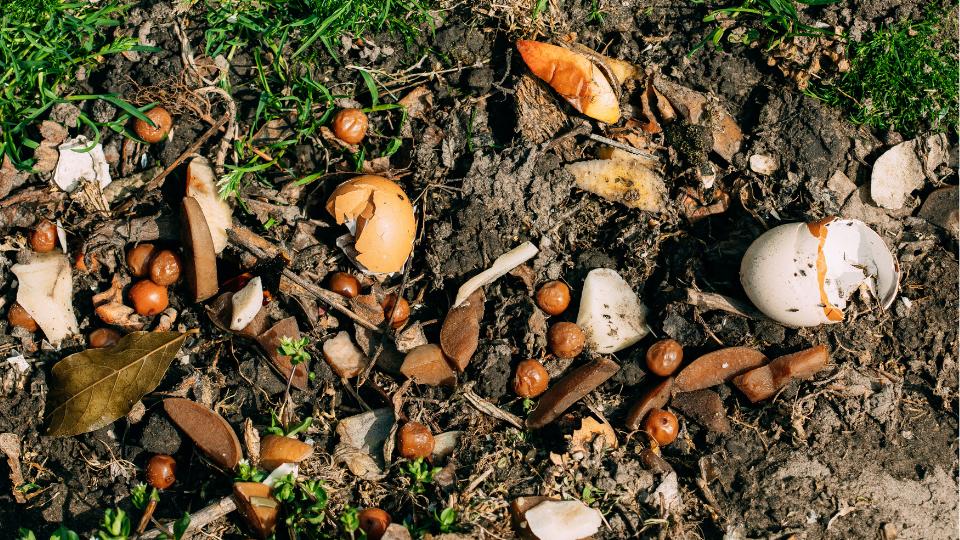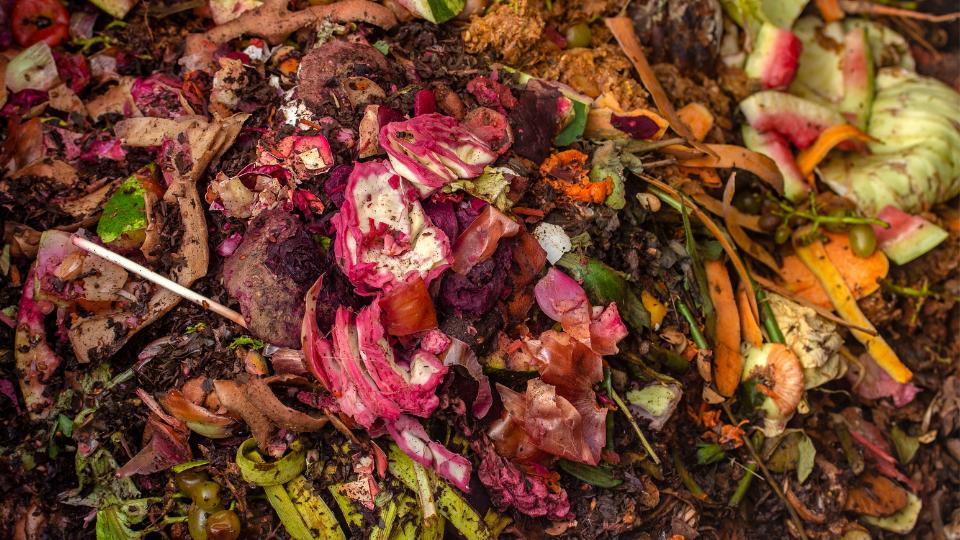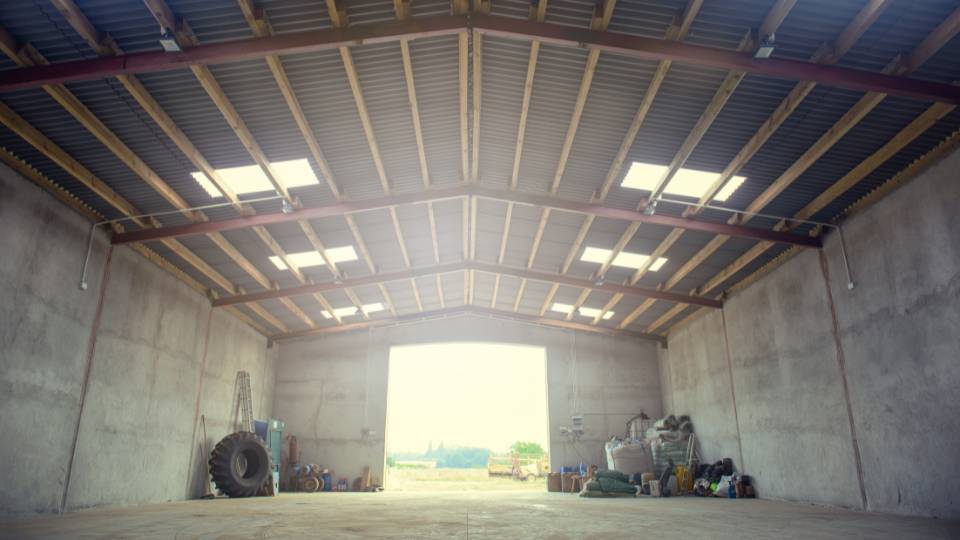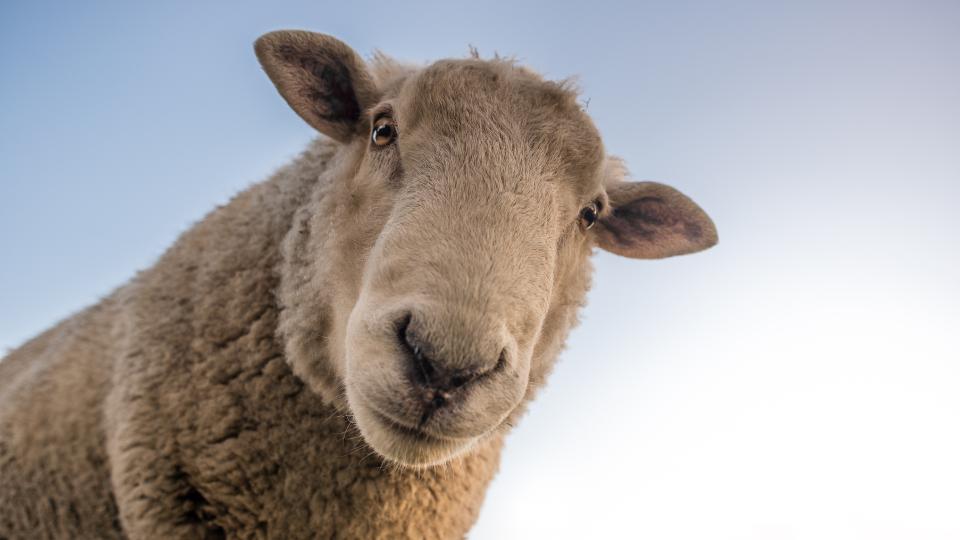
In the realm of agriculture, managing farm waste efficiently is crucial for sustainable farming and profitability.
UK farm businesses face the challenge of reducing waste while maintaining productivity.
This blog post will explore what farm waste is, provide examples, discuss its importance, and offer practical ways to make farm waste useful.
Table of Contents
- What is Farm Waste?
- Examples of Farm Waste
- Why is Farm Waste Important?
- Ways to Make Farm Waste Useful
- Conclusion
What is Farm Waste?
Farm waste includes any unwanted or residual material generated from farming activities.
This includes both organic and inorganic waste produced during the cultivation and harvesting of crops, raising livestock, and other agricultural practices.
Managing farm waste is vital to ensure a clean and sustainable farming environment.

Examples of Farm Waste
Farm waste can take many forms, including:
- Crop Residues: Stems, leaves, and husks left after harvesting crops like wheat, corn, and vegetables.
- Animal Manure: Waste produced by livestock such as cows, pigs, and chickens.
- Agricultural Plastics: Used plastics from silage wrap, mulch films, and irrigation pipes.
- Pruning Waste: Branches and leaves from the pruning of fruit trees and vineyards.
- Food Waste: Unsellable or spoiled produce.
- Chemical Containers: Empty containers from pesticides, herbicides, and fertilisers.

Why is Farm Waste Important?
Understanding the significance of farm waste is essential for several reasons:
- Environmental Impact: Improper disposal of farm waste can lead to soil degradation, water pollution, and greenhouse gas emissions.
- Regulatory Compliance: UK regulations require farms to manage waste responsibly to avoid legal penalties.
- Economic Benefits: Efficient waste management can reduce costs, improve soil health, and generate additional income streams.
- Sustainable Practices: Recycling and reusing farm waste contribute to sustainable agriculture, ensuring long-term productivity and resource conservation.
Ways to Make Farm Waste Useful
There are numerous innovative ways to repurpose and recycle farm waste, turning potential liabilities into valuable resources:
- Composting:
- Organic waste such as crop residues, animal manure, and food waste can be composted to create nutrient-rich soil amendments.
- Compost improves soil structure, enhances water retention, and provides essential nutrients for crops.
- Anaerobic Digestion:
- Farm waste can be converted into biogas through anaerobic digestion, which can be used for heating, electricity, or as a vehicle fuel.
- The process also produces digestate, a nutrient-rich byproduct that can be used as fertiliser.
- Biochar Production:
- Crop residues and pruning waste can be pyrolyzed to produce biochar, a stable form of carbon that improves soil fertility and captures carbon dioxide.
- Animal Feed:
- Certain food waste and crop residues can be repurposed as animal feed, reducing feed costs and minimizing waste.
- Mulching:
- Organic farm waste can be used as mulch to protect soil, retain moisture, and suppress weeds.
- Recycling Agricultural Plastics:
- Used plastics from agriculture can be recycled into new products, reducing environmental pollution and lowering waste disposal costs.
- Vermicomposting:
- Utilising earthworms to decompose organic waste, vermicomposting produces high-quality compost that enhances soil health.
- Energy Generation:
- Biomass from farm waste can be used in biomass boilers or gasifiers to produce renewable energy for farm operations.

Conclusion
For UK farm businesses, turning farm waste into useful products not only addresses environmental concerns but also offers economic and sustainable benefits.
By adopting innovative waste management practices, farmers can reduce their environmental footprint, comply with regulations, and enhance their farm’s profitability.
Embracing these methods ensures a more sustainable and prosperous future for agriculture.
Incorporating these strategies into your farming practices can significantly reduce waste and transform your farm into a model of sustainable agriculture.
Make sure you store your farm waste correctly.








